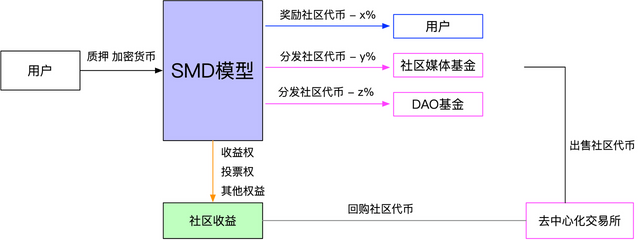Metonymy plays a greater role in the extension and differentiation of word meaning and the production of new words than metaphor.
The new meaning formed by metonymy can be synonymous with the old meaning, such as:
"Shu Wen Tong Xun Ding Sheng": According to the self-drinking, it is called drinking, and the person who drinks is also called drinking, and the thing that you drink is called drinking.
The three meanings of "self-drinking", "drinking person" and "drinking thing" are metonymy relations. This metonymy relationship is expressed in the same font.
Another example is the same pronunciation of the following cognate words, and they are also metonymy in meaning, such as:
fish: fisherman
: catch
faint: marriage
Right: You
Er: 刵
However, the general sound of the same sound has changed, the general sound of the same sound has changed, and the sound and shape are relatively few. That is to say,
metonymy rarely appears as a polysemy with the original meaning, and should be marked in general. In other words, metonymy may be recognized as a new word.
The changes in phonetics are sometimes the initials, sometimes the finals, and sometimes the tones. Such as:
smell: smell (consonant change)
bribe: goods (vowel change)
good (top): good (go) (tone change)


https://sites.google.com/view/hacksnapchataconline
https://sites.google.com/view/ffs-get-free-fortnite-skins
https://sites.google.com/view/boostfreetiktokfansgenerator
https://sites.google.com/view/free-spins-coinmaster-linkhack
https://sites.google.com/view/coin-master-hack-generators
https://sites.google.com/view/boost-free-tiktok-fans-hack
https://sites.google.com/view/how-getfreerobuxgeneratorhack
https://sites.google.com/view/free-instagramfollowershack
https://sites.google.com/view/pokemon-go-spoofing-hackios
https://sites.google.com/view/free-coin-master-hackspinslink
https://sites.google.com/view/instahackz
https://sites.google.com/view/forniteskinsz